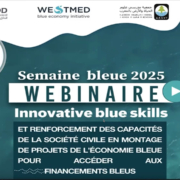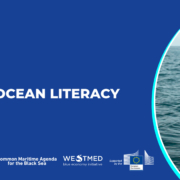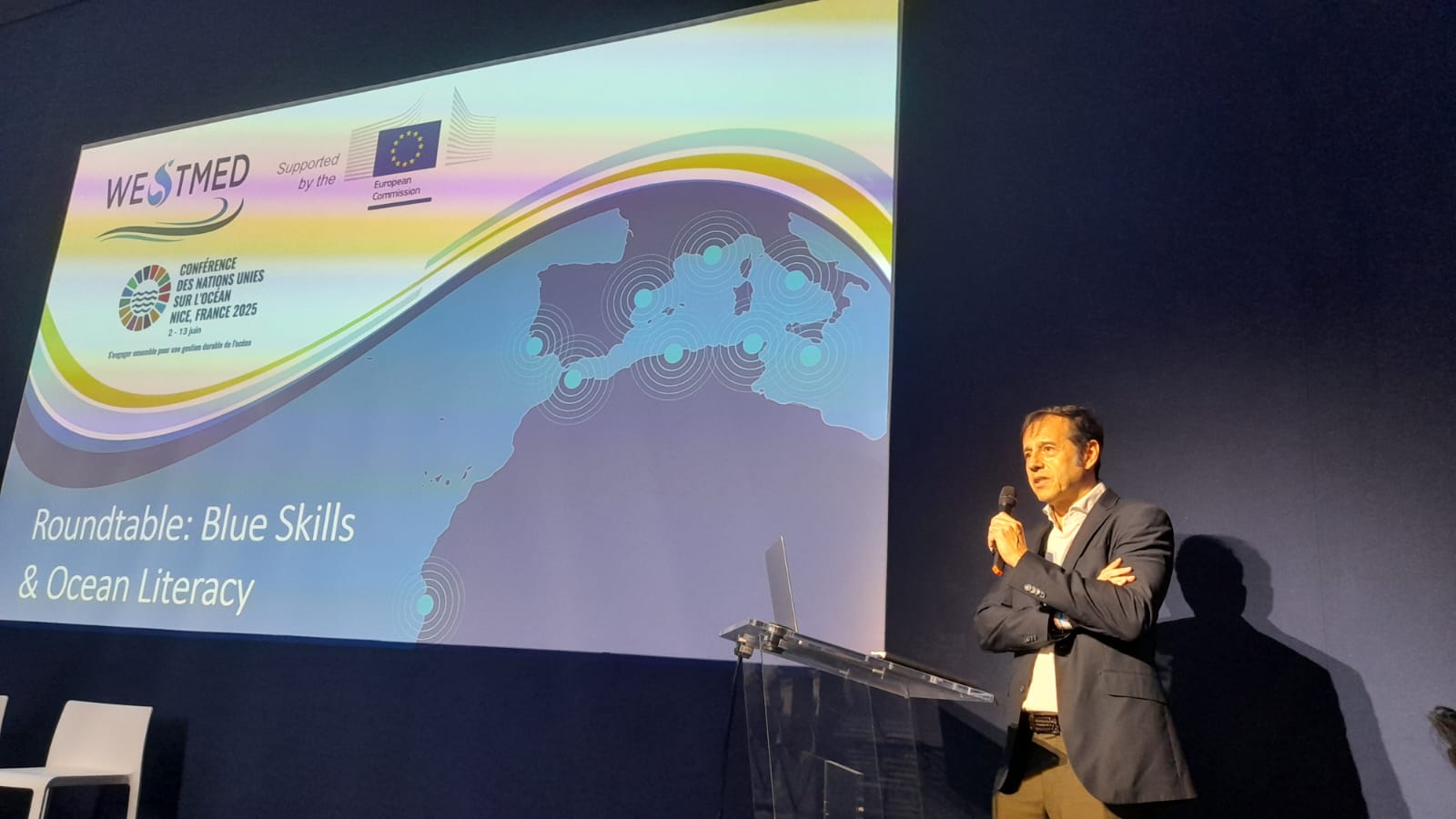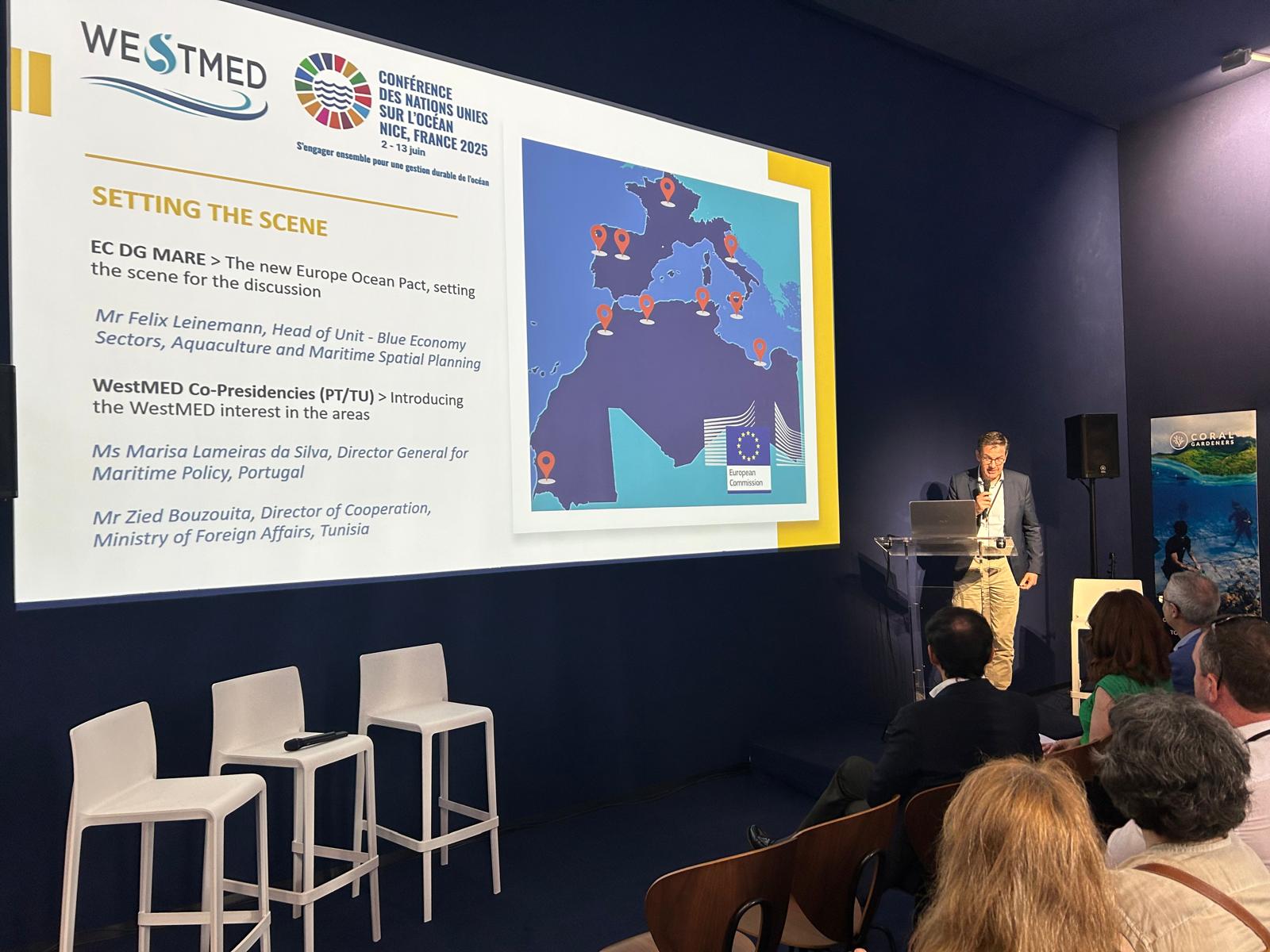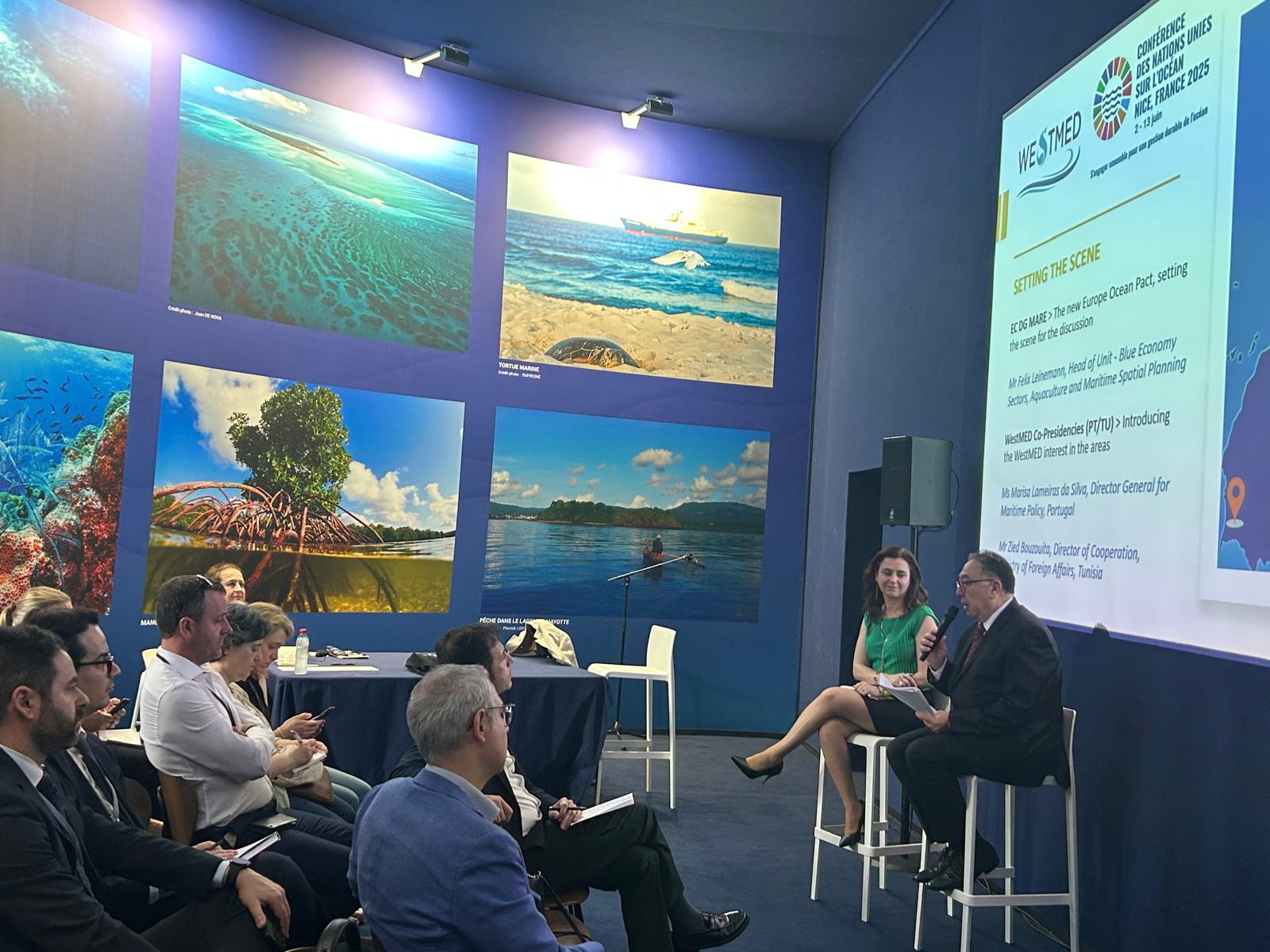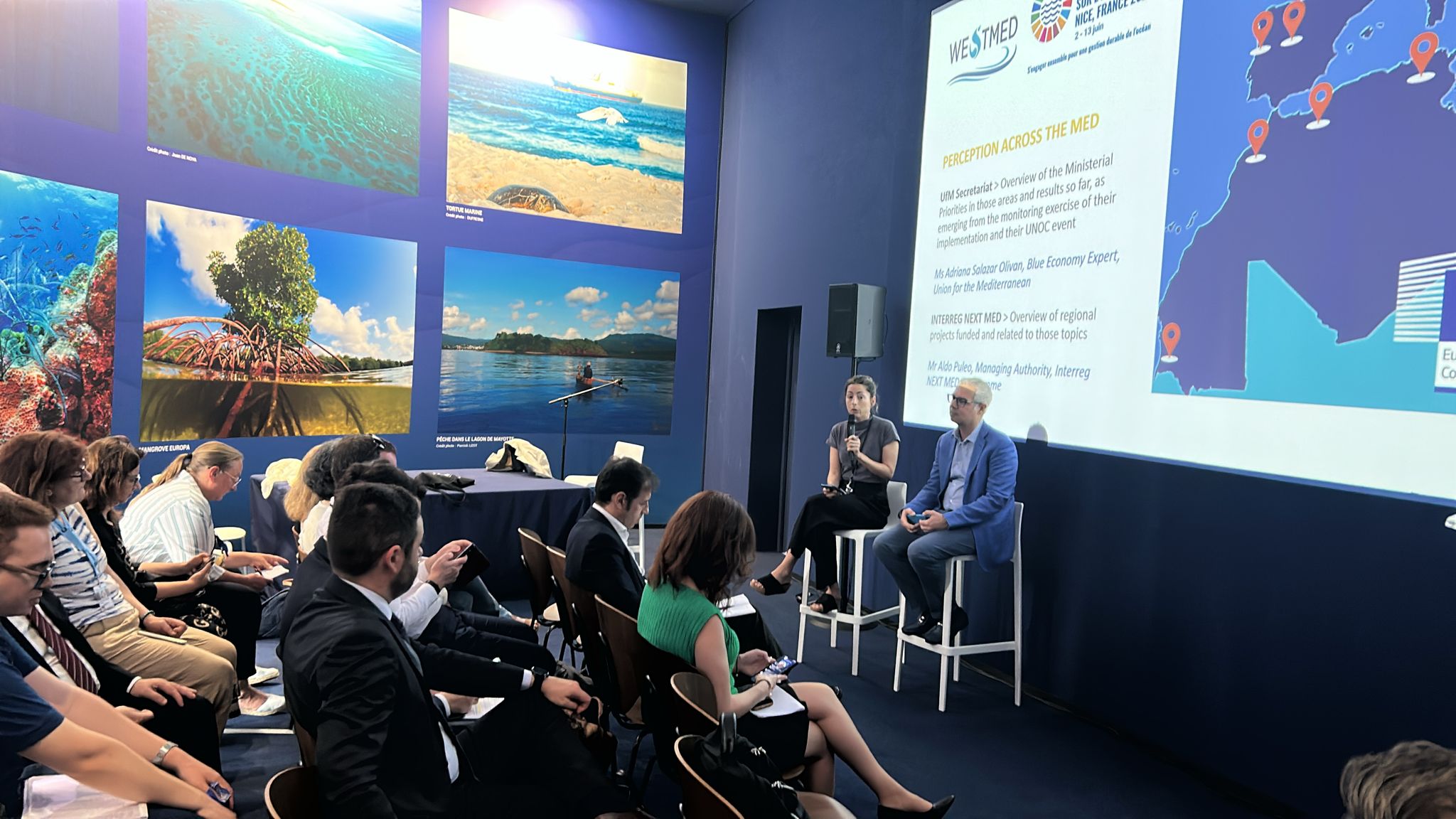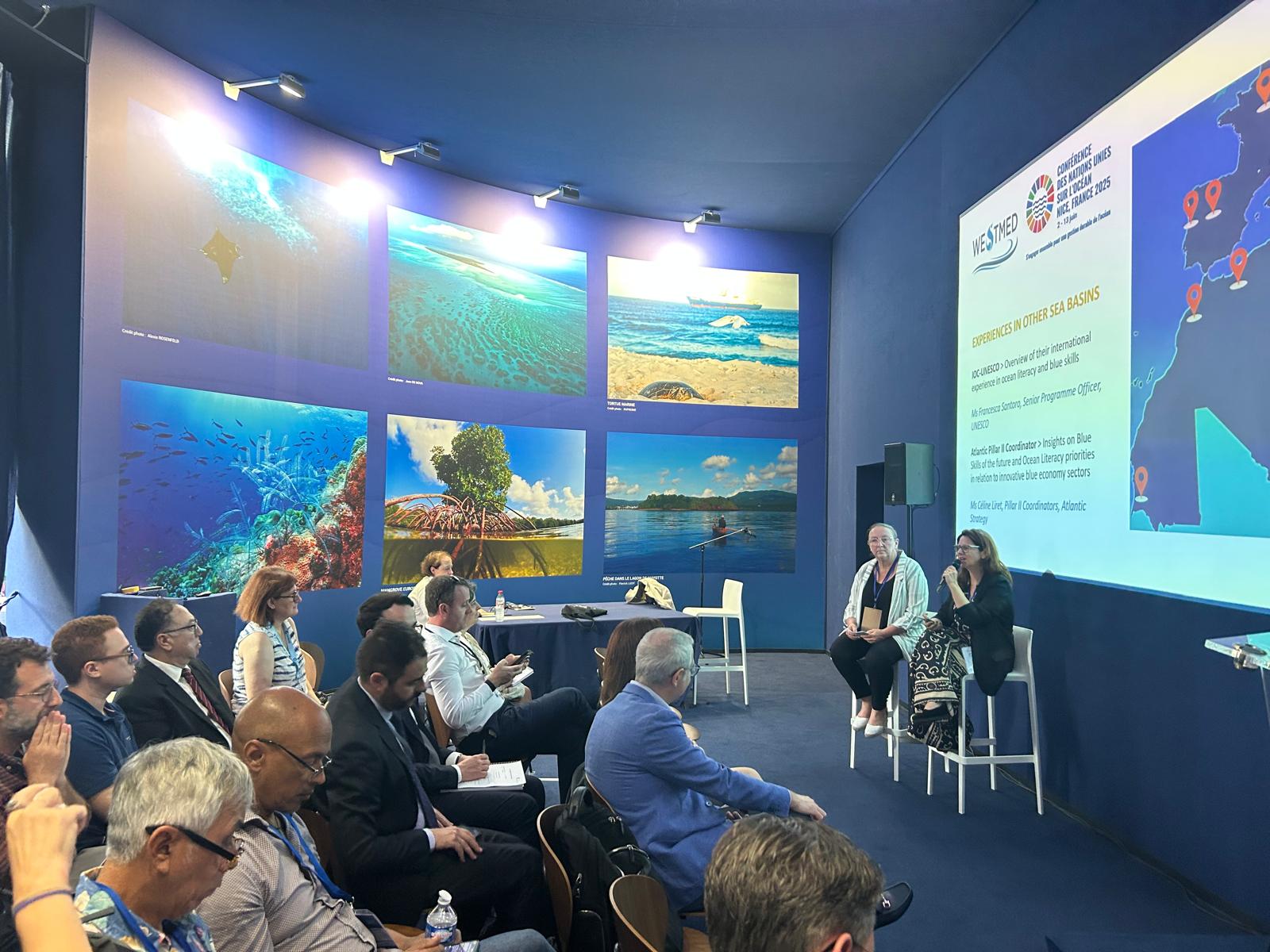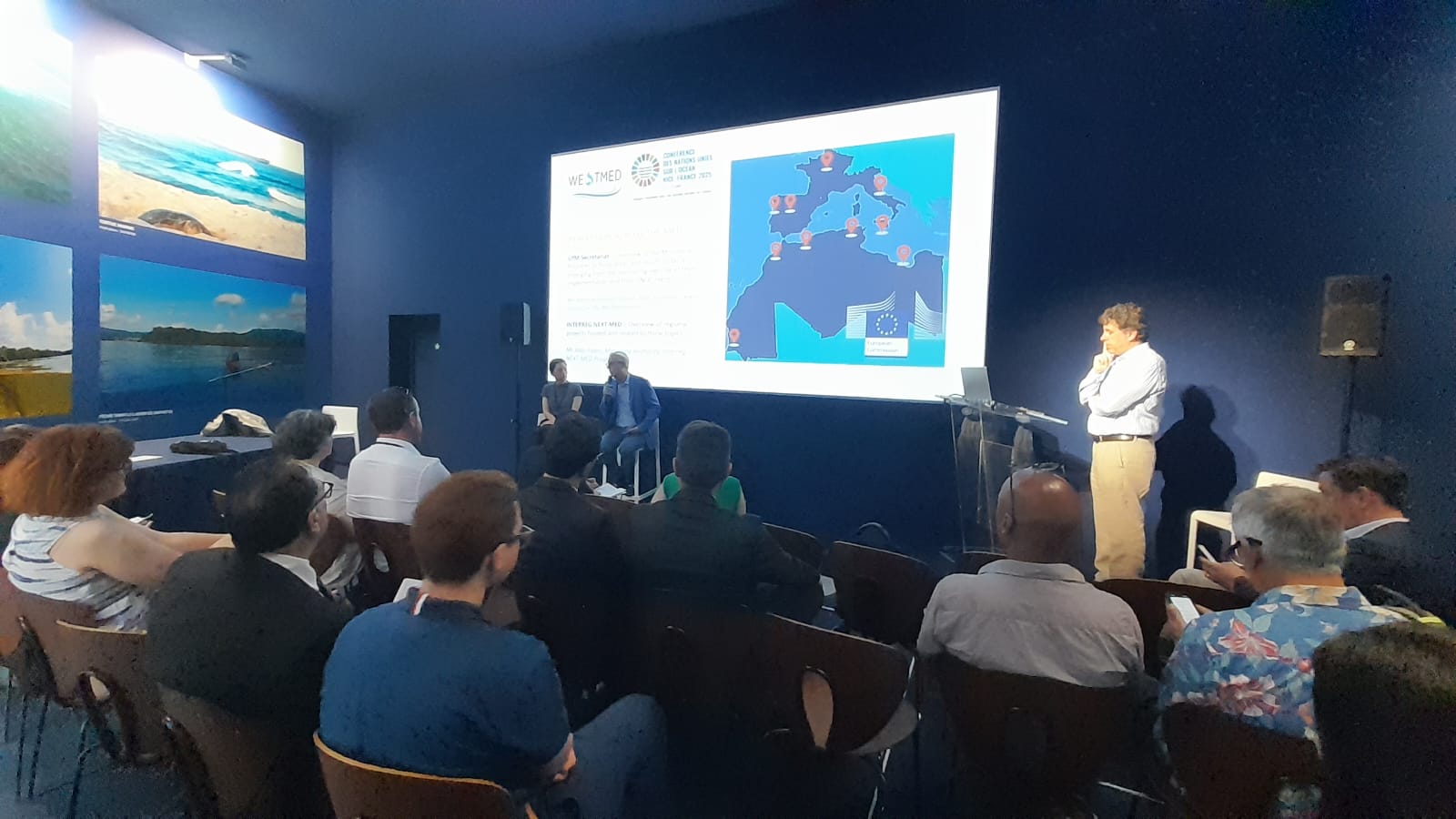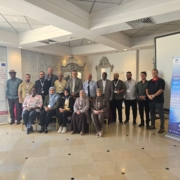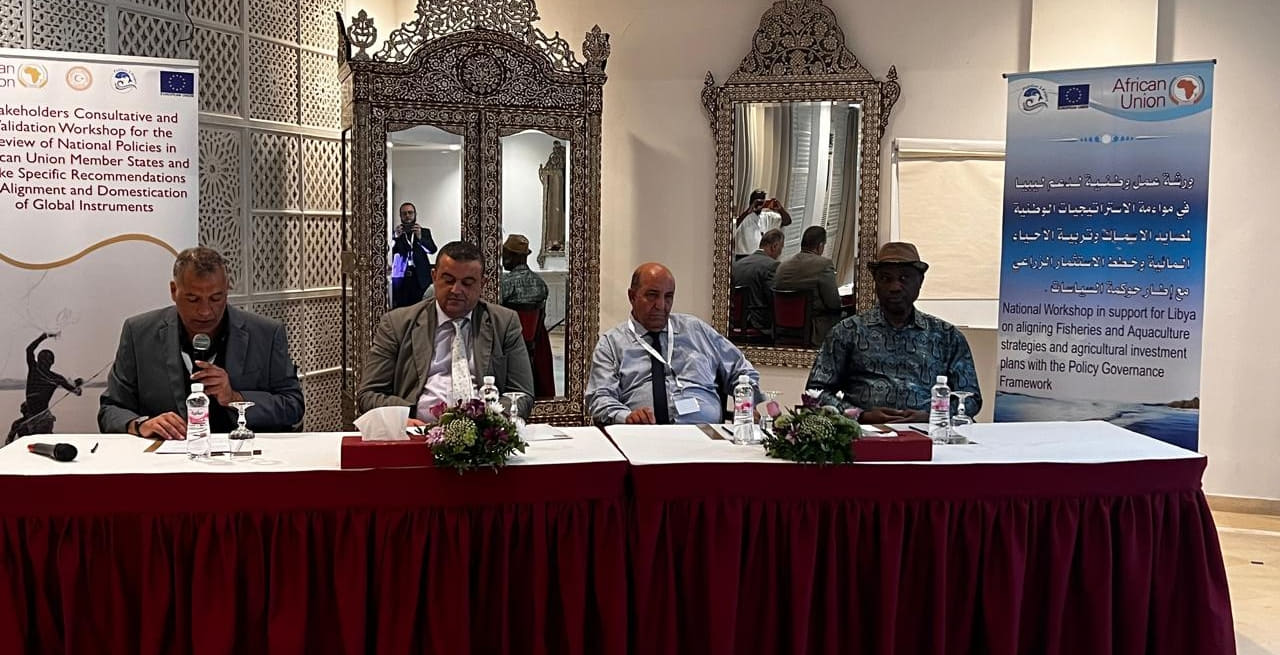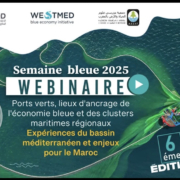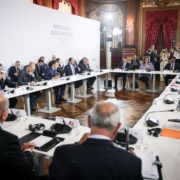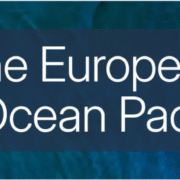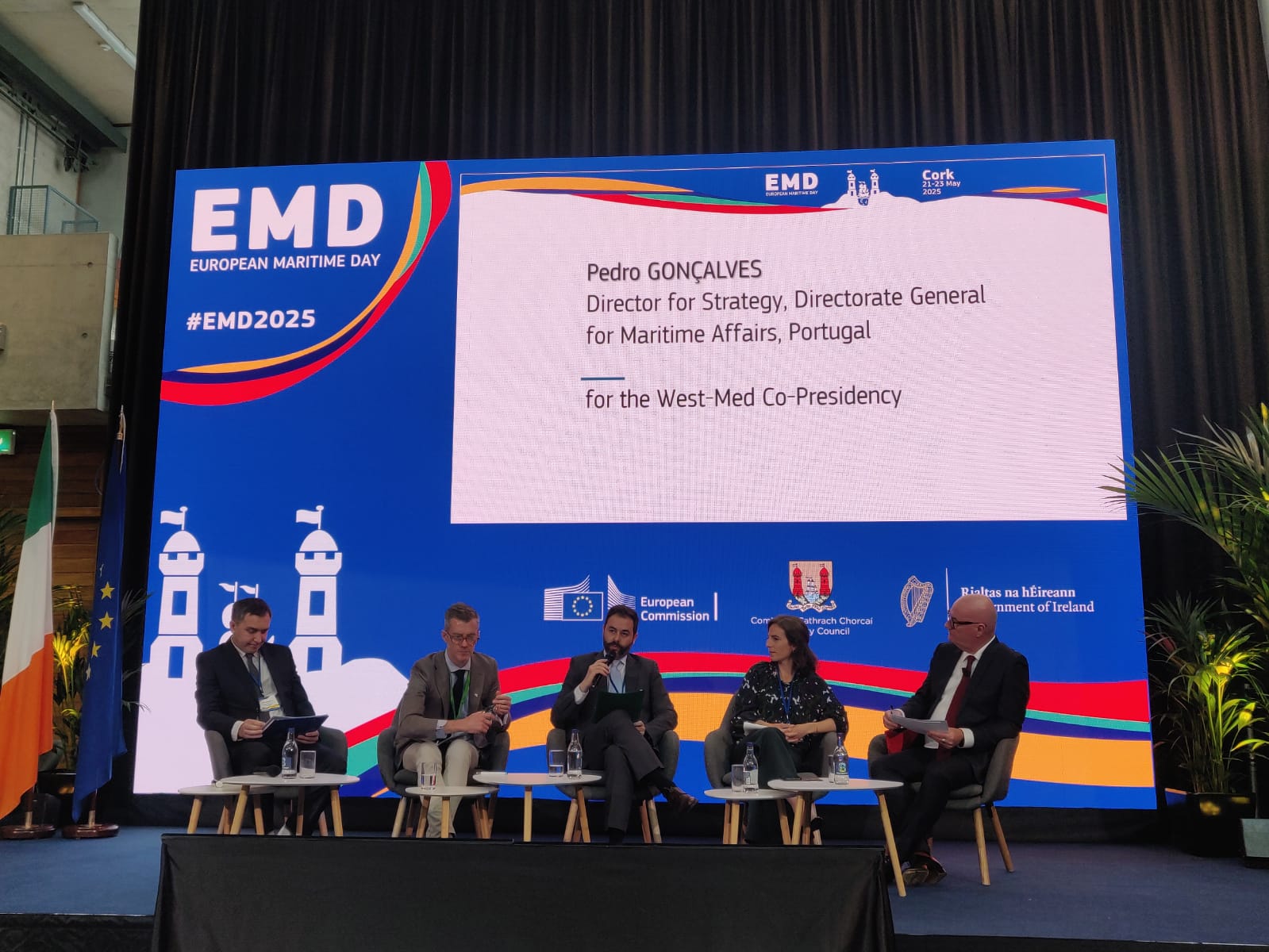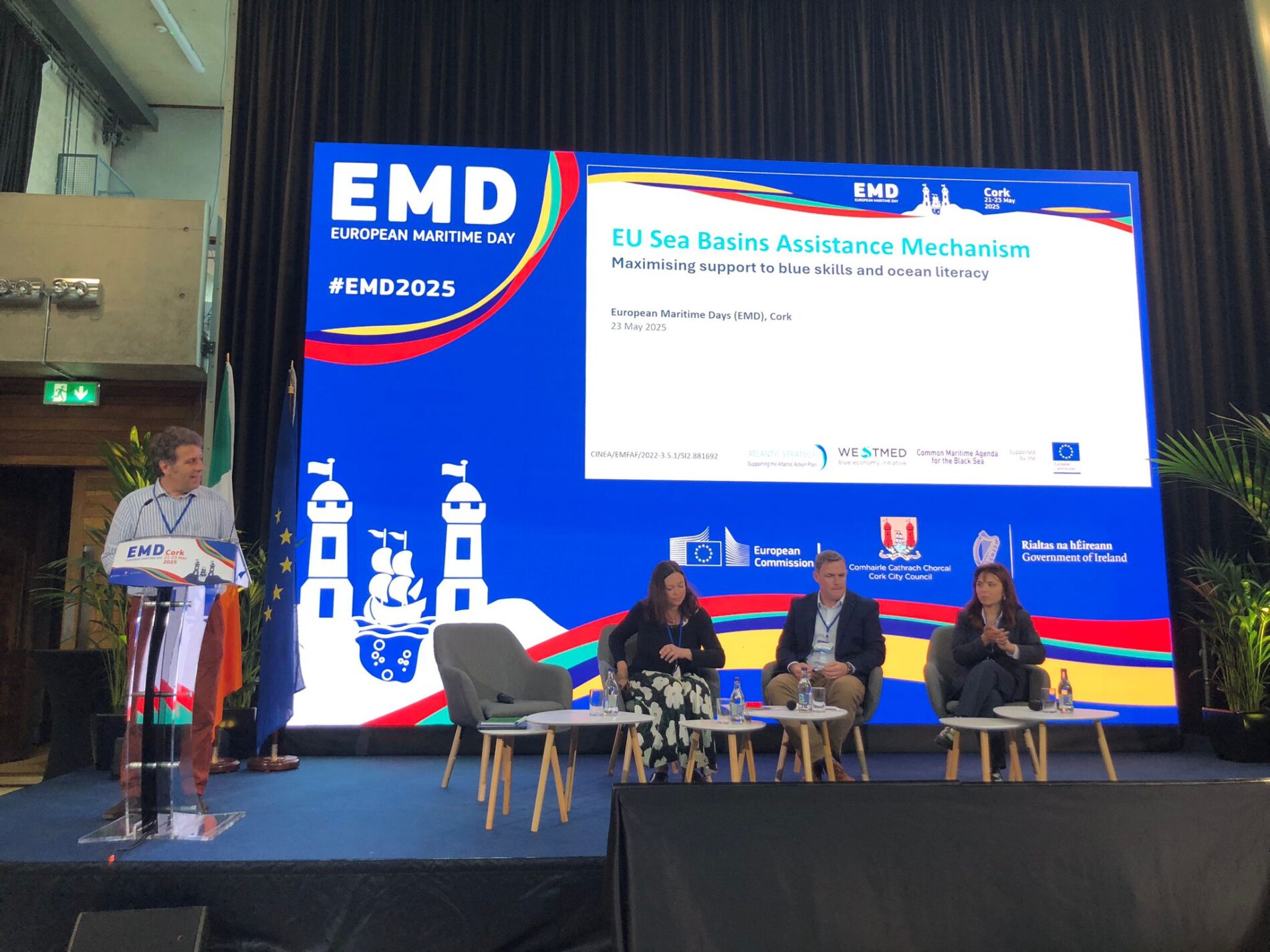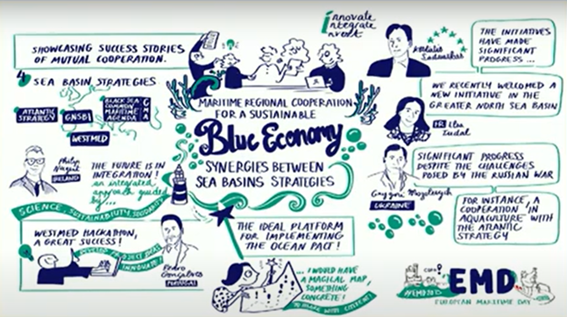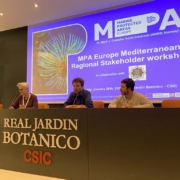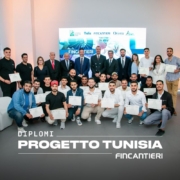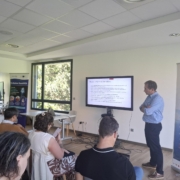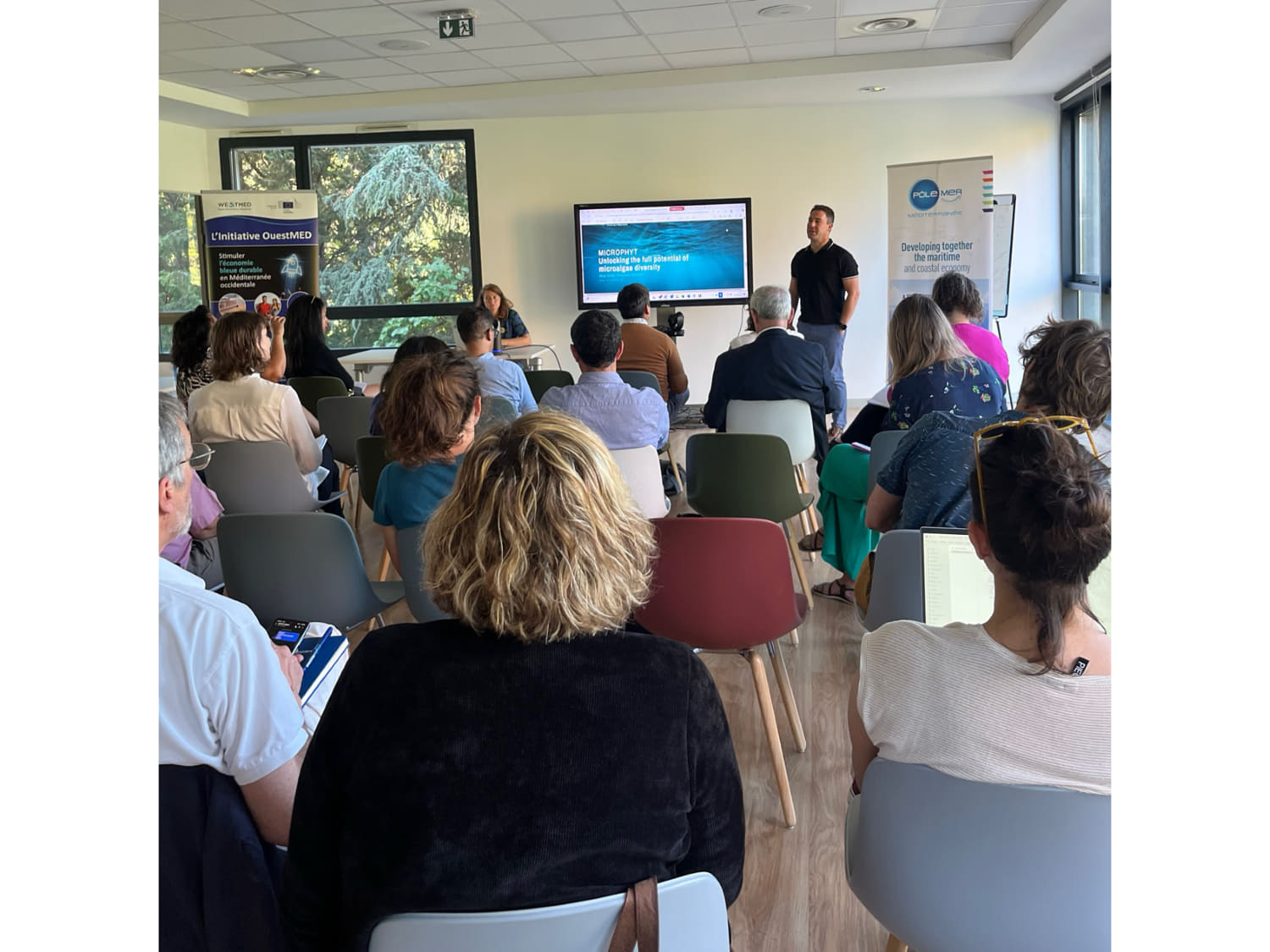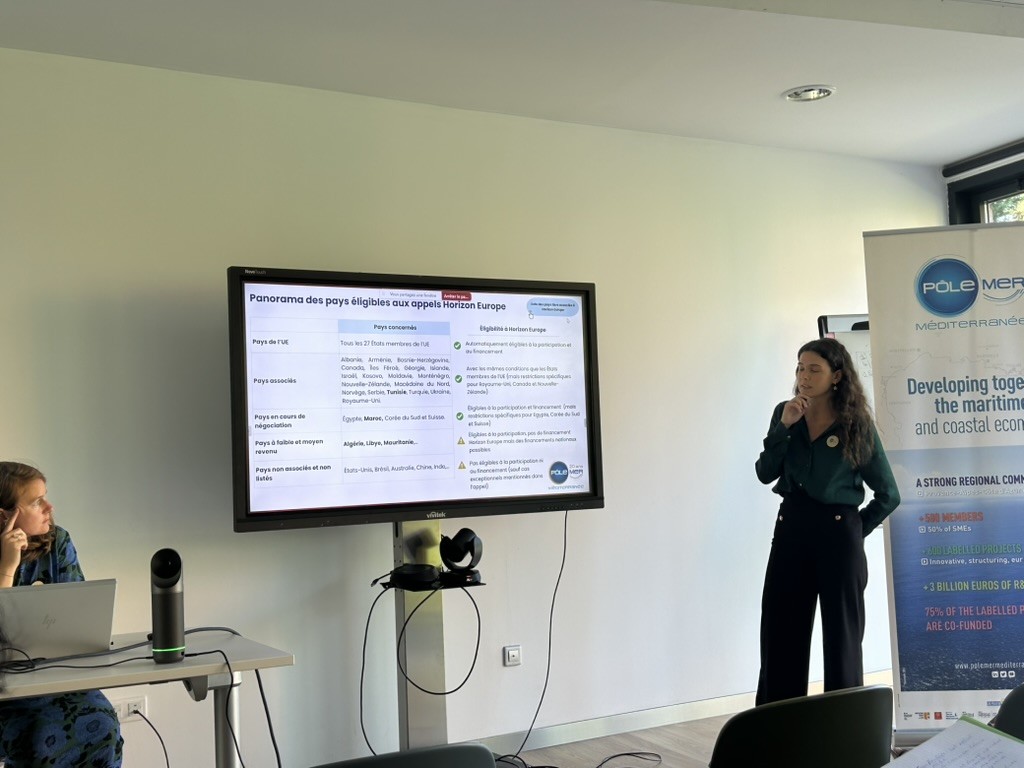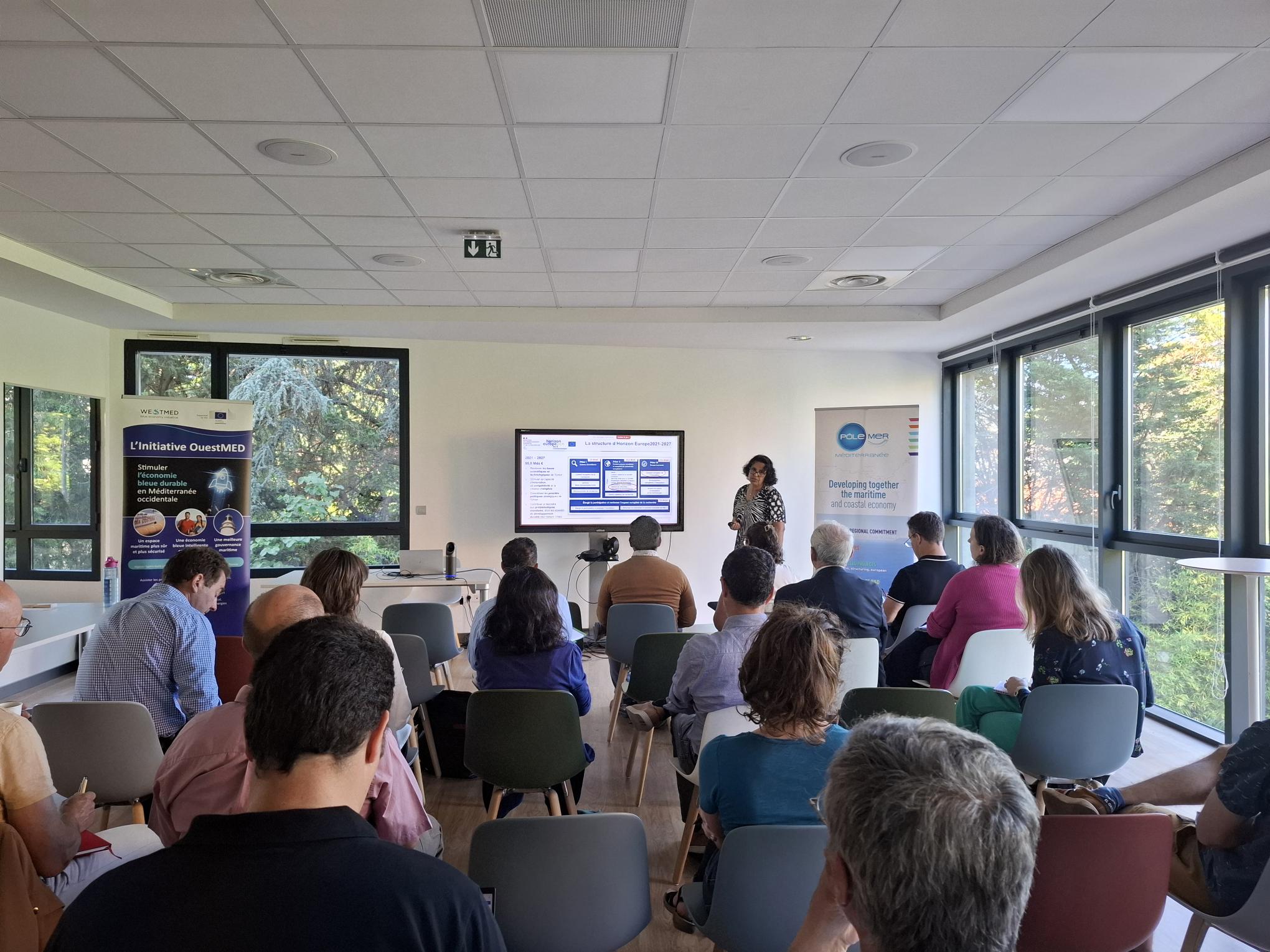Webinaire Webinaire au Maroc « Innovative blue skills et renforcement des capacités de la société civile
Le 20 juin 2025, dans le cadre de la semaine bleue, l’AESVT Maroc (Association des Enseignants des Sciences de la Vie et de la Terre) et l’AMCDD (Alliance Marocaine pour le Climat et le Développement Durable) ont coorganisé un webinaire sur le thème « Innovative blue skills et renforcement des capacités de la société civile » avec l’initiative WestMED.
Plus de 40 personnes issues de différents secteurs apparentés à l’Economie Bleue, de la société civile, du secteur privé et de départements ministériels ont participé à ce webinaire.
Matteo Bocci (Chef adjoint du Mécanisme d’assistance de l’UE pour les stratégies de bassin maritime de l’UE) et Leonardo Manzari (WestMED’s National Hub Italy) ont fourni des informations précieuses sur l’initiative WestMED, les clusters maritimes, les possibilités de financement et les choses à faire et à ne pas faire dans les propositions de financement. Hassan Agouzoul (WestMED’s National Hub Morocco) a fourni des informations sur l’économie bleue marocaine et a modéré le webinaire.
Ce webinaire s’est appuyé sur un webinaire précédent, daté du 10 juin 2025, (« Ports verts, points d’ancrage pour l’économie bleue et clusters maritimes régionaux : Expériences du bassin méditerranéen et défis pour le Maroc« ), en mettant l’accent sur les chaînes de valeur et les écosystèmes d’innovation dans les clusters maritimes. Cet événement s’est concentré sur les compétences bleues clés pour l’innovation : techniques, scientifiques et soft.
Compétences bleues / Blue Skills
Après les remarques d’ouverture de M. Agouzoul, M. Janati (AMCDD) et Mme Sayeh (AESVT) ont abordé le concept de « compétences bleues » et les différents types de compétences : Les compétences techniques « dures » et les compétences « douces », qui se rapportent aux traits de caractère et aux compétences interpersonnelles qui permettent à une personne d’interagir efficacement avec les autres. Ces compétences non techniques sont intersectorielles et cruciales pour garantir l’innovation, définie succinctement comme la réponse aux défis par le développement d’idées et de structures qui permettent en fin de compte d’améliorer les conditions de vie des personnes.
Clusters Maritimes
Cette discussion a été suivie d’un débat sur les clusters maritimes et leurs différentes typologies : clusters localisés pour créer des synergies économiques, clusters stratégiques pour développer des politiques et des stratégies, et clusters hybrides combinant ces deux caractéristiques, qui peuvent être locaux, régionaux ou sectoriels.
M. Agouzoul a aidé à situer ces trois types de clusters au niveau marocain :
- la CIDEB – Commission Interministérielle de Développement de l’Economie Bleue sous la présidence du chef du Gouvernement appuyée par un comité technique de spécialistes institutionnels et du secteur privé, agit en tant que Cluster national pour le dialogue, l’orientation stratégique et à la prise de décision dans le développement de la stratégie marocaine d’Economie Bleue ;
- des clusters régionaux qui se penchent plus sur le développement de propositions concrètes et la mise en place d’une pipeline de projets bleus au niveau régional ;
- des clusters sectoriels comme ceux de l’hydrogène vert ou de l’industrie du transport naval.
Ces différents niveaux de clusters devront interagir et la société civile doit notamment s’assurer à également être représentée au niveau de la CIDEB/ Comité technique et des clusters régionaux.
Développement de projets
La logique de préparation de montage technique et de consortium des projets/partenariat nord-sud a été largement présentée et discutée. Un certain nombre de vérifications par rapport à la pertinence du projet au niveau local et sectoriel, à l’outil de financement visé, à la cohérence interne du projet, aux impacts du projet et aux synergies possibles, à l’évaluation et l’atténuation des risques sont essentielles pour concevoir un projet ayant une bonne chance d’être financé.
Puis a été abordé l’importance de mettre en place un consortium et de construire un partenariat solide avant de passer en revu une partie des nombreux appels à projets existant – 14 possibilités de financement différentes ont été présentées ne serait-ce que pour l’Union européenne. L’initiative WestMED a insisté également sur l’aide qu’elle pouvait apporter à travers ses différents groupes de travail techniques et notamment le groupe « blue skills » actuellement en création, l’alliance des clusters maritimes ou encore le recours au WestMED Hub National Maroc pour appui.
Télécharger l’agenda | Annonce originale de l’événement
Vous trouverez ici l’enregistrement du webinaire (en langue française)
Opportunités de partenariatet de financement: Partie 0. Do’s and dont’s | Partie 1. Contenu et logique d’intervention | Partie 2. Constitution du consortium
Plus d’informations
Pour plus d’informations, contactez le centre national de WestMED au Maroc (Hassan Agouzoul) : morocco@westmed-initiative.ec.europa.eu

